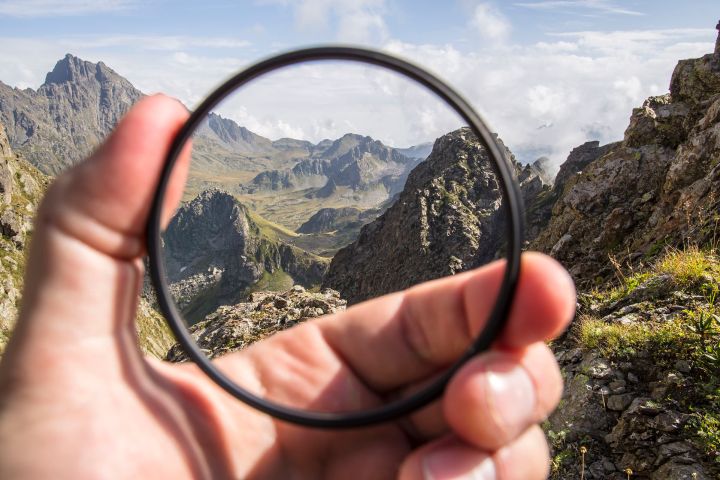
In a recent blog post, Cicala describes the relationship between lens and filter. In short, it’s complicated. He argues the most important thing to look at is the cost of a high-quality filter versus the cost of replacing the front element of a lens. (And, unless you want to sacrifice image quality, you should never use a cheap filter). For example, other than possibly saving your lens a trip to the repair shop, putting a $120 filter on a lens with a $70 front element maybe doesn’t make the most sense.
However, Cicala is quick to point out that front elements have increased in price on newer lenses. This is especially true of high-end models, but also applies to some midrange lenses. On Nikon’s $1,100 24-120mm f/4, for example, a new front element costs $320. Of course, that is nothing compared to the $900 to $1,500 you will need to replace the front element on one the much more expensive Zeiss Otus lenses.
With even the largest high-quality filters selling for around $120 these days, there seems to be a strong argument in favor of using them, especially on new and professional-level lenses. However, there are still other variables to consider. As Cicala explains, the type of small scratches that a filter protects against rarely have any effect on image quality at all. That said, such scratches will lower the resale value of a lens — so if you plan on selling or trading in your gear someday, a filter may be a worthwhile investment.
Perhaps the most important thing to consider when deciding to purchase a filter or not is a common sense analysis of how the lens will be used. As Cicala says, “If it’s a lens for studio portraiture only, why bother? If [you’re] shooting surf at the beach, then you better wear protection.”



